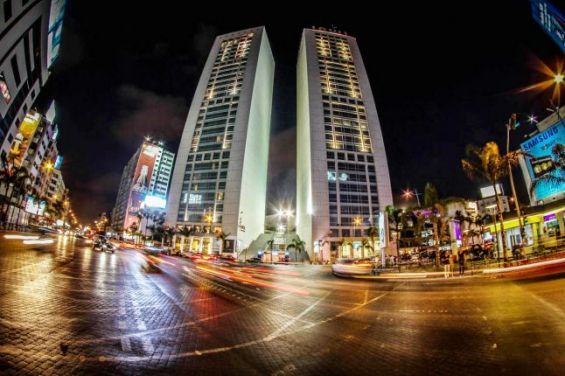Morocco is an emerging regional manufacturing and export base for international companies, concludes the US State Department in its Investment Climate Statements for 2018. The annual report, released Thursday 19th of July, reveals that the US is Rabat’s fourth largest trading partner.
Since the signing of the Free Trade Agreement (FTA) with the United States in 2006, «overall bilateral trade between the two nations has increased by more than 300 percent», indicated the index.
Studying investment climate in the Kingdom, the US State Department points out that Morocco is working hard on encouraging and facilitating foreign investment. It indicates that the North African country is developing exports, macroeconomic policies, trade liberalization, and investment incentives and taking gradual yet promising structural reforms.
Meanwhile, Morocco is trying to build itself a reputation as a tri-regional economy and a regional business hub. «To strengthen its position as a regional hub, Morocco is offering incentives for firms that locate their regional headquarters in the Casablanca Finance City», explained the same source.
Challenges to overcome
Moreover, Morocco has concluded 68 bilateral investment treaties for the promotion and protection of investment. It has also signed 60 economic agreements to eliminate double taxation of income or gains with the US and several countries from the European Union.
However, despite Morocco’s efforts to strengthen its investment climate, other factors come in its way, hindering improvements.
According to the 2018 Investment Climate Statements, «despite the significant improvements in business environment, the lack of skilled labor, weak intellectual property rights protection, inefficient government bureaucracy and the slow pace of regulatory reform remain challenges for Morocco».
To put it in other words, the report explains that while a large number of Moroccan graduates «are unable to find jobs commensurate with their educational training», employers complain of «skills shortages and mismatches».
«Industrial skills are not prioritized, and skills that graduates acquire are often not transferrable to any real-world working environment, causing gaps between skills supply and demand», argues the same source.
To limit that, the Moroccan government has implemented a series of strategies to boost employment, and attract foreign investment by raising performance and out-put in key revenue-earning sectors, such as the automotive and aerospace industries.





 chargement...
chargement...













